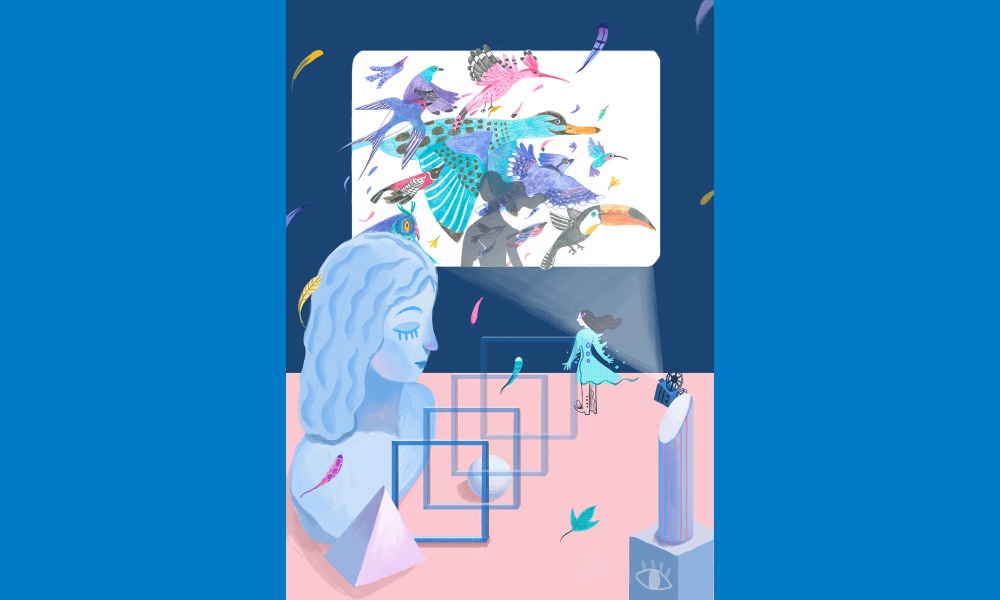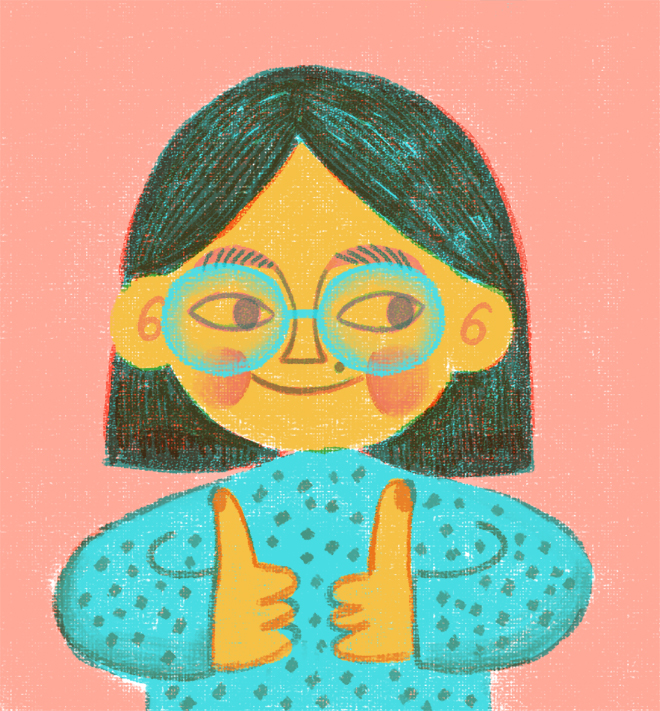
In this post, David Quinn reflects on the ways that peer support can still manifest itself in large online classes. David is a Teacher in the School of Mathematics. This post is part of May-June’s ‘Hot Topic’ series: “Teaching and Learning during a Pandemic: Lessons and reflections from the last year”.
For the past several years, I have had the pleasure of welcoming around 400 first year students to one of my courses, and in a sense, to the university. This usually took place on Monday of week 1, in the Gordon Aikman Theatre. Colleagues from other schools were doing the same for their students in the adjacent hours – it was always a hectic and exhilarating setting. I had my content for that class, which had an interlude where students could speak to their neighbour and I always ended early the first day so I could talk to some of the students and they could talk to each other. These opportunities just to talk were the first steps of the peer support that was part of all scheduled course activities. There was great excitement and curiosity throughout the room from the start. Over these days and weeks, my students would get to the know the scale of what they were part of and the opportunities that were open to them.
We couldn’t gather in person for such classes this year. New materials had been developed over the summer to enable the course to be interactive but also work asynchronously – I’m fortunate that the School of Mathematics had invested in its ASID project which supported this development. In keeping with the need for asynchronous material, I sat and recorded my welcome and lecture content, I edited it and uploaded it for release on Monday of week 1 along with the interactive workbooks. The energy of a large and busy lecture theatre wasn’t visible but I could see the surge of activity online. I’m sure the same excitement and curiosity was there, but also greater uncertainty. I was concerned that students would not be able to connect with each other.
Our first live class was on Wednesday, on Blackboard Collaborate. I was joined by a colleague who acted as a moderator to help manage a class of up to 500 students. I was disappointed that a technical limitation with the scale forced students to use text chat only but that did not seem to limit activity in the class! It felt more hectic than ever. I used the first live class to focus on the logistics of the course. The course structure was designed to be extremely regular but that is only useful when the core cycle of activity is known. Students are given a lot of information at the start and it’s a confusing time. The chat had many important questions and I answered as many as I could, but more than anything, I was heartened to see students answering each other in the chat. This was a product of the same peer support I valued in previous years. We were physically distant but the excitement to work together was still there.
Over the year, I refined what I did in pre-recorded videos. They were always short and focused on one topic but, with experience, I sharpened my editing skills to make them more polished, shorter and denser. The videos, along with reading, provide the basis for discussion in a weekly live class. In hindsight, this refinement emerged from rediscovering what I valued in a traditional lecture, though I didn’t recognise it at the time. In the traditional lecture, I gave some material to set the topic and to address likely difficulties, but the discussion between adjacent students and the summary that followed provided the most momentum. This remained true in the online space where my material was in pre-recorded videos and the live sessions generated all of the discussion. Peer support continued to be important. It was more challenging but it was still possible. We achieve more when we work together.
 David Quinn
David Quinn
David Quinn a University Teacher in the School of Mathematics since 2015 and is currently course organiser for the first year Engineering Mathematics courses, having been course organiser for the equivalent courses at the University of Aberdeen before joining Edinburgh.
 Ying Sun
Ying Sun
Ying Sun is an illustrator and animator from Nanjing. She is now studying an MA illustration at Edinburgh College of Art. She was a game designer until she discovered that she had a stronger interest in illustration and wanted to go more professional and devote more time to it. At the same time, the basic skills she learned about game design are incorporated into her illustrations. For instance, she likes to model her characters in 3D software or creating GIFS and animations for them. She makes e-books with game elements for some of her illustrations. She is now refining her personal style and learning how to use illustration to tell a good story. Although she is not a very humorous person, she tries to convey some sense of wit and hilarity through her work. She seeks to make her work look interesting more than sophisticated.
Instagram: https://www.instagram.com/abigalesun6/

